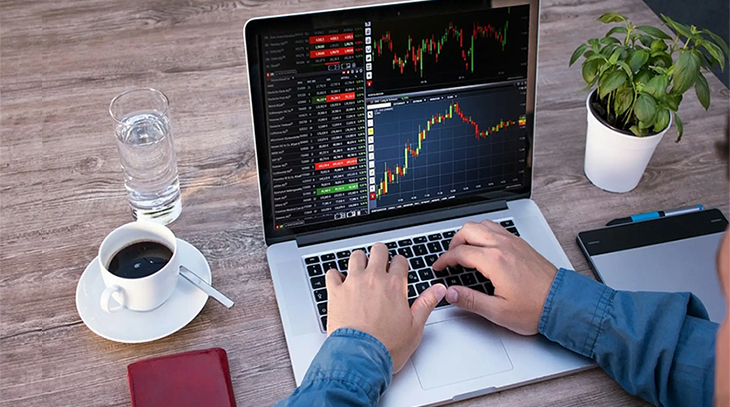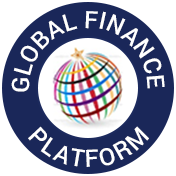Forex Trading
What is Forex Trading?
Forex trading is the buying and selling of currencies on the foreign exchange market with the aim of making a profit.
Forex is the world’s most-traded financial market, with transactions worth trillions of dollars taking place every day.
Forex trading is the means through which one currency is changed into another. When trading forex, you are always trading a currency pair – selling one currency while simultaneously buying another.
Each currency in the pair is listed as a three-letter code, which tends to be formed of two letters that stand for the region, and one standing for the currency itself. For example, USD stands for the US dollar and JPY for the Japanese yen. In the USD/JPY pair, you are buying the US dollar by selling the Japanese yen.
Some of the most frequently traded FX pairs are the euro versus the US dollar (EUR/USD), the British pound against the euro (GBP/EUR), and the British pound versus the US dollar (GBP/USD).

To keep things ordered, most providers split pairs into the following categories
Four types of forex pairs:
Major pairs
seven currencies that makeup 80% of global forex trading. Includes EUR/USD, USD/JPY, GBP/USD and USD/CHF
Minor pairs
less frequently traded, these often feature major currencies against each other instead of the US dollar. Includes: EUR/GBP, EUR/CHF, GBP/JPY
Exotics pairs
A major currency against one from a small or emerging economy. Includes: USD/PLN, GBP/MXN, EUR/CZK
Regional pairs
Pairs classified by region – such as Scandinavia or Australasia. Includes: EUR/NOK, AUD/NZD, AUD/SGD
Most forex transactions are carried out by banks or individuals by seeking to buy a currency that will increase in value against the currency they sell. However, if you have ever converted one currency into another, for example, when traveling, you have made a forex transaction.

How does forex trading work?
Institutional forex trading takes place directly between two parties in an over-the-counter (OTC) market. Meaning there are no centralized exchanges (like the stock market), and the institutional forex market is instead run by a global network of banks and other organizations.
Transactions are spread across four major forex trading centers in different time zones: London, New York, Sydney, and Tokyo. Since there is no centralized location, you can trade forex 24 hours a day.
